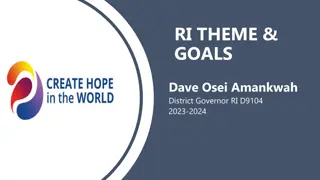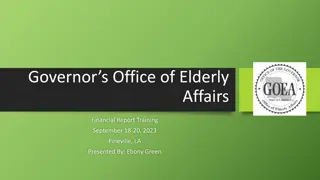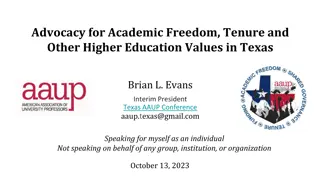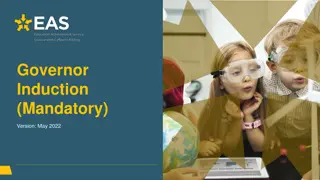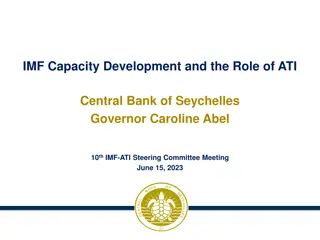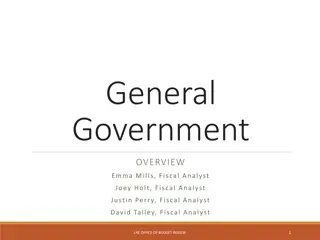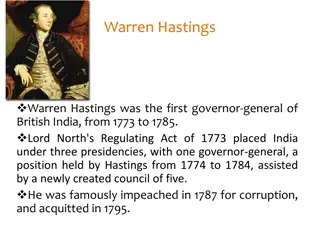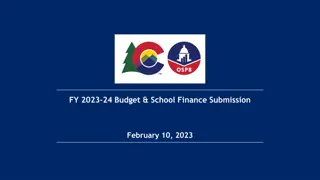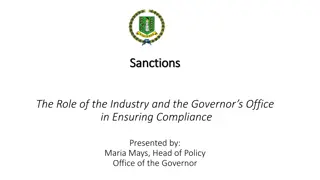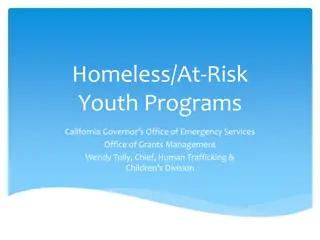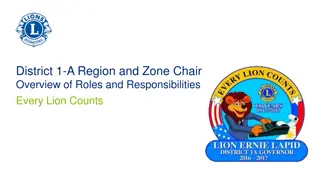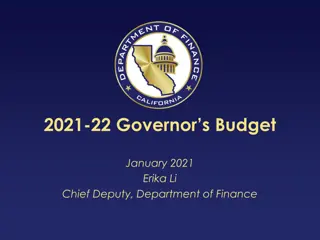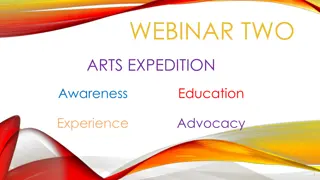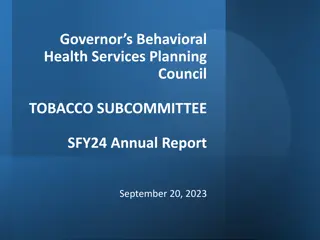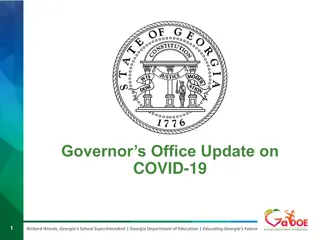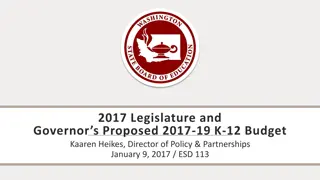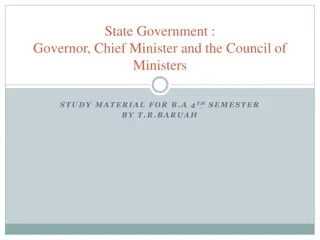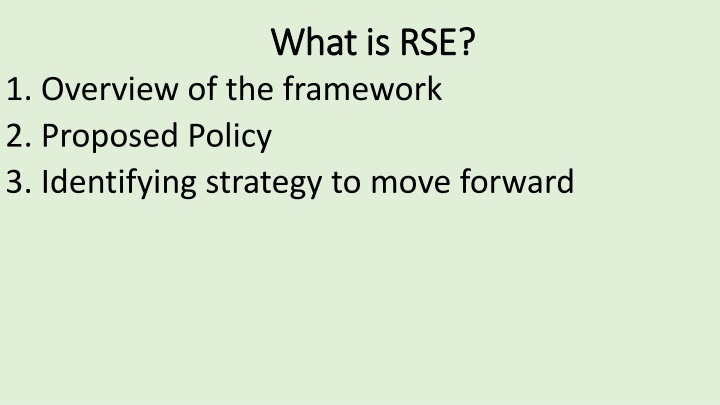
RSE, Equality Act 2010, and Teaching Equality in Schools
Learn about Relationship and Sex Education (RSE) frameworks, the Equality Act 2010, and the importance of teaching equality in schools. Discover how schools are implementing policies, curriculum, and long-term plans to promote diversity, tolerance, and respect among students.
Download Presentation

Please find below an Image/Link to download the presentation.
The content on the website is provided AS IS for your information and personal use only. It may not be sold, licensed, or shared on other websites without obtaining consent from the author. If you encounter any issues during the download, it is possible that the publisher has removed the file from their server.
You are allowed to download the files provided on this website for personal or commercial use, subject to the condition that they are used lawfully. All files are the property of their respective owners.
The content on the website is provided AS IS for your information and personal use only. It may not be sold, licensed, or shared on other websites without obtaining consent from the author.
E N D
Presentation Transcript
What is RSE? What is RSE? 1. Overview of the framework 2. Proposed Policy 3. Identifying strategy to move forward
Where are we up to as a working group? Leading city working group, lots of local schools represented Attended community groups listening to views, answering questions Seeking external advice Developing policy and curriculum Developing a long term plan Trailing own school working groups developing best practice Met with Cllr Elly Cutkelvin - Assistant City Mayor -Education and Housing, Leicester City Council
New guidance Comes into effect in September 2020 Relationships Education in primary schools Relationships and Sex Education in high schools Health Education in primary and high schools. This guidance is for all primary schools including academies and faith based schools. However some of the Y5 and Y6 science curriculum form part of what is viewed as sex education - puberty and scientific parts of reproduction
What is the Equality Act (2010) The Equality Act 2010 states that it is against the law to discriminate against anyone because of: Age Disability Gender reassignment Marriage or civil partnership Pregnancy or maternity Race Religion or belief Sex/gender Sexual orientation ( (Government, 2010, p1) The public sector Equality Duty came into force on 5th April 2011 and requires that public bodies (including schools): Have due regard to the need to eliminate discrimination Advance equality of opportunity Foster good relations between different people when carrying out their activities. Government, 2010, p1) (Government Equalities Office 2013, p1) This makes it clear that promoting some of the protected characteristics of the Equality Act while ignoring others is against UK law.
We are teaching about equality. This means that if someone is black, we include them, we show respect and tolerance; if someone uses a wheelchair, we include them, we show respect and tolerance; if someone is gay, we include them, we show respect and tolerance; Ethos of everyone is welcome in our schools. Our children will all have to interact with people from different backgrounds we want them to treat all members of the community with the same respect. Just like racism school has a duty of care to challenge any language that may cause offence to others, whether used intentionally or not. Phrases such as that s so gay or that s a girls/boys toy when used in a negative manner may unintentionally cause offence to a child or adult. School will challenge this language
Content proposed within the curriculum Relationships Health and mental well- being Other foci Living in the Wider World Beyond DFE framework Economic Well being Enterprise Careers Families and people who care for me Caring friendship Respectful friendships Online Relationships Being Safe Mental Well being Internet Safety and Harm Physical health and fitness Healthy Eating Drug, alcohol and tobacco Health and prevention Basic First Aid Changing Adolescent Body Not included in new statutory framework
Relationships, Health Education, including Mental Health are statutory and parents cannot withdraw their child from these lessons. Parents also cannot withdraw their child from aspects of RSE/Relationships Education which are covered as part of the statutory science curriculum, Right to withdraw Sex Education is not statutory in primary schools. Many primary schools already choose to teach some aspects of sex education and will continue to do so, although it is not a requirement. Where a maintained primary school chooses to teach aspects of sex education (which go beyond the national curriculum for science), the school must set this out in their policy and all schools should consult with parents on what is to be covered. Primary schools that choose to teach sex education must allow parents a right to withdraw their children. The guidance refers to this as granting an automatic right for parents to withdraw their child from sex education lessons
What to do if a parent wants to withdraw their children from RSE lessons before 2020? As this guidance does not come into effect until September 2020, parents can withdraw their children from RSE lessons until this time as RSE is not currently statutory. It is recommended that schools follow their current RSE policy when dealing with requests to withdraw children from RSE lessons and continue to follow their current policy until they have developed a new policy (which meets the requirements set out in the new guidance) or until statutory Relationships Education come into effect in September 2020.
LGBT Inclusive lessons in Primary schools: The draft guidance states that schools should ensure that all of their teaching is sensitive and age appropriate in approach and content. At the point at which schools consider it appropriate to teach their pupils about LGBT, they should ensure that this content is fully integrated into their programmes of study for this area of the curriculum rather than delivered as a stand alone unit or lesson. Schools must consult parents when deciding what content will be covered Schools are free to determine how they do this, and we expect all pupils to have been taught LGBT content at a timely point as part of this area of the curriculum. LGBT inclusive lessons are covered as part of Relationships Education, therefore parents cannot withdraw their children from these lessons. Parents cannot veto these lessons
Developing a city wide policy Policy is based on the DFE Framework and therefore meets the proposed requirements Best practice considered from the PSHE Association Policy has been written to offer support and guidance to schools in order to start a conversation or consultation with their school community Schools are able to adapt core elements of the policy to ensure it reflects the needs of their school and curriculum design Common core policy allows schools and governing bodies to be supported by each other
Outline of the Draft Policy 1. Rationale 2. Roles and Responsibilities 3. Legislation 4. Curriculum Design and Assessment 5. Staff Training 6. Safe and Effective Practices 7. Safeguarding 8. Engaging Stakeholders 9. Monitoring, Reporting and Evaluation
Rationale: What do we want to achieve as schools individually and collectively? The intended outcomes of our programme are that pupils will: know and understand the characteristics of positive relationships, with particular reference to friendships, family relationships, and relationships with other children and with adults. understand they have a right to personal space and boundaries, showing respect and understanding the differences between appropriate and inappropriate or unsafe physical touch. Recognise and know how to report abuse, including emotional, physical and sexual abuse understand they have a responsibility to treat each other with kindness, consideration and respect including when on line, permission seek and give and understand the concept of privacy develop the skills of being able to express their emotions and seek help where needed, to build friendship and recognise how this can support mental well being develop the personal attributes of honesty, integrity, courage, humidity, kindness, generosity, trustworthiness and sense of justice, and character traits such as perseverance, working towards long term goals, dealing with setbacks, resilience permission seeking and giving, and the concept of personal privacy understand how the Equality Act 2010 relates to them as a child and through adult life, to recognise and challenge any form of discrimination
Roles and Responsibilities The RSE programme will be led by PSHE leaders with the support of senior leaders and the governing body/trustees. It will be taught by class teachers and delivered through the school curriculum and wider opportunities within the school. The aims and intended outcomes of our approach are encompassed within the school visions and values to promote learning. The RSE programme will be supported by additional staff in school, appropriate external visitors and developed through advice from professional associations. A working party will be made up of governors/trustees, leader, teachers, support staff, parents and where appropriate members of the community
Governors or Trustees As well as fulfilling their legal obligations, the governing bodies or trustees should also make sure that: all pupils make progress in achieving the expected educational outcomes; the subjects are well led, effectively managed and well planned; the quality of provision is subject to regular and effective self-evaluation; teaching is delivered in ways that are accessible to all pupils with SEND; clear information is provided for parents on the subject content and the right to request that their child is withdrawn; and, the subjects are resourced, staffed and timetabled in a way that ensures that the school can fulfil its legal obligations. Headteacher and PSHE Leader It is the responsibility of the Head Teacher/PSHE leader to ensure that: both staff and parents are informed about our RSE policy, and that the policy is implemented effectively. staff are given sufficient training, so that they can teach about relationship and sex education effectively, and handle any difficult issues with sensitivity. they liaise with external agencies regarding the school RSE programme, and ensures that all adults who work with our children on these issues are aware of the school policy, and work within its framework. monitoring of this policy on a regular basis, and report to governors/trustees, when requested, on the effectiveness of the policy.
Adults working with children are entitled to: Access to high quality, up-to-date, accurate information, resources and training Mutual understanding of roles and responsibilities in relation to the planning and delivery of RSE Contribute their views and ideas in support of the development of RSE for children Professional guidance and support Opportunities to share good practice Be informed about issues of confidentiality and procedures to be followed. External Visitors Working with external organisations can enhance delivery of these subjects, bringing in specialist knowledge and different ways of engaging with young people. School will ensure: Validity of the visitor or visiting organisation s credentials. Teaching delivered by the visitor fits with the planned programme and published policy. Discussion occurs in relation to the detail of how the visitor will deliver their sessions and ensure that the content is age-appropriate and accessible for the pupils. Review the materials visitors will use as well as a lesson plan in advance, so that they can ensure it meets the full range of pupils needs (e.g. special educational needs). Agree how confidentiality will work in any lesson and that the visitor understands how safeguarding reports should be dealt with in line with school policy
Some of the most important messages to be learnt from what we have seen on the media Parents, carers and other adults in the community are entitled to: Accessible, accurate, up-to-date, information delivered in a way which meets their needs ( needs to be repeated yearly) A safe and supportive environment for their children Information on how and when RSE is taught Understand their rights and responsibilities in relation to RSE policy and curriculum Be informed about issues of confidentiality and how it affects them and their children Have their views and ideas received in a respectful, non-judgemental manner.
Scan the remaining parts of the proposed policy. Can this policy support schools in preparing for proposed changes? Our big questions as schools are: How can we best answer parents questions? How do we consult, plan and introduce new requirements without straining relationships with parents and the community? What do you think will be parents worries or big questions?
Our big questions as schools are: How can we best answer parents questions? How do we consult, plan and introduce new requirements without straining relationships with parents and the community?
Getting ready for the difficult questions? How do we support each other in school and across schools? But no children are gay here, why does it need to be mentioned? Can I remove my child from these lessons? But my religion says that gay is wrong You are going to make my child gay! Are you putting thoughts in their minds You are confusing my child because at home they are learning that being gay is wrong but at school you are telling them that being gay is OK.
Duties of a School and Governing Body Schools will need to update their policy to reflect the new guidance. This should be done before September 2020 Schools must consult with parents when developing this policy. The DfE advises that schools should ensure that the policy meets the needs of pupils and parent and reflects the community they serve. Schools can set up a working party to develop a policy, however this is not a requirement. The DfE draft guidance has defined what should be included in this policy. Schools must ensure that the resources they choose to use are laid out in their policy and are appropriate for the age and maturity of pupils.
What Next? During the 2019 2020 academic year it is advised that schools: Begin consulting key stakeholders (parents, staff, governors, pupils) on RSE Proposal is to consult on policy presented adapted to meet needs of your school You may choose to set up an RSE working party to aid this process Run parent workshops in Spring Term Offer staff training Ensure all stakeholders understand that new guidance wont come into effect until 2020 Consider as a school becoming a member of the PSHE Association Continue with LA wide working group Support for schools from Julie Eason commissioned by LCC Public Health Healthy Schools Network Consider exploring Everybody Welcome whole school initiative

